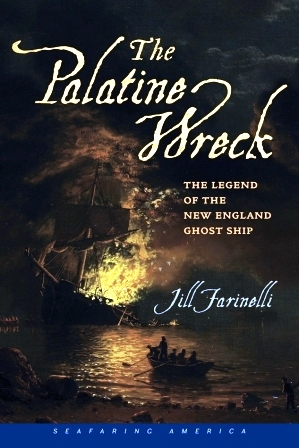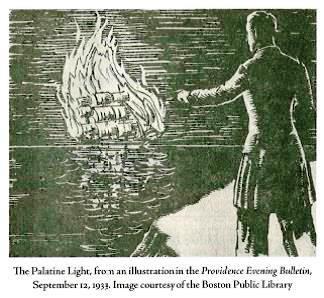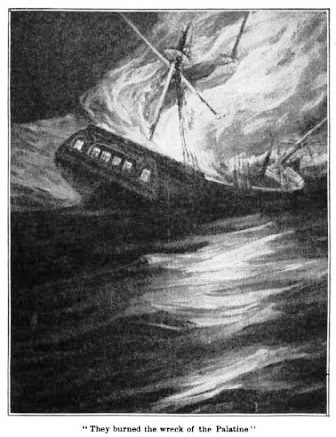By
As of this writing, it is a very dreary and soggy day outside. After you dry your bones this weekend, consider visiting the MHS in the week ahead for one or more of these upcoming events:
– Tuesday, 6 March, 5:15PM : We start our programs this week with a seminar combo, bringing together Environmental History and Early American History into one neat package. “Common Spaces: Environmental History and the Study of Early America” is a panel discussion with Christopher Pastore, State University of new York at Albany; Nancy Shoemaker, University of Connecticut at Storrs; and Conevery Bolton Valencius, Boston College; with Matthew McKenzie of University of Connecticut at Avery Point moderating. Environmental historians are concerned with concepts such as ecological imperialism and non-anthropocentric empires, built and natural environments, controlling and organizing space, and the relationship between borders and frontiers. How does or might this influence scholarship on early America? How can work on early American history enrich environmental historians’ understanding of empire, metropoles and borderlands, movement and colonization?
Seminars are free and open to the public; RSVP required. Subscribe to receive advance copies of the seminar papers.To RSVP: email seminars@masshist.org or call (617) 646-0579.
– Wednesday, 7 March, 12:00PM : The Brown Bag discussion this week features G. Patrick O’Brien of University of South Carolina, who presents “A Massachusetts Family’s Exile & Return, 1775-1790.” After being forced to flee Marblehead in May 1775, the Robie family joined fellow refugees in Halifax, Nova Scotia. In exile, each family member developed a unique perspective on his or her new home and outlook for the future. Repatriation further complicated these understandings and divided the family between two nations. This project explores how a family in exile struggled to maintain kinship networks while its members adapted to a new social environment. This talk is free and open to the public.
– Wednesday, 7 March, 6:00PM : Join us for an author talk with Liesl Olson of the Newberry Library as she discusses her recent work, Chicago Renaissance: Literature and Art in the Midwest Metropolis. From the 1893 World’s Fair through mid-century, Chicago writers revolutionized literary forms during the first half of the 20th century, a period of sweeping aesthetic transformations all over the world. Olson’s enthralling study bridges the gap between two distinct and equally vital Chicago-based artistic “renaissance” moments: the primarily white renaissance of the early teens and the creative ferment of the “Black Metropolis” of Bronzeville. This talk is open to the public, registration required with a fee of $10 (no charge for MHS Fellows and Members or EBT cardholders).
– Saturday, 10 March, 10:00AM : The History and Collections of the Massachusetts Historical Society Tour is a 90-minute docent-led walk through our public rooms. The tour is free, open to the public, with no need for reservations. If you would like to bring a larger party (8 or more), please contact Curator of Art Anne Bentley at 617-646-0508 or abentley@masshist.org.
While you’re here you will also have the opportunity to view our current exhibition: Yankees in the West.





